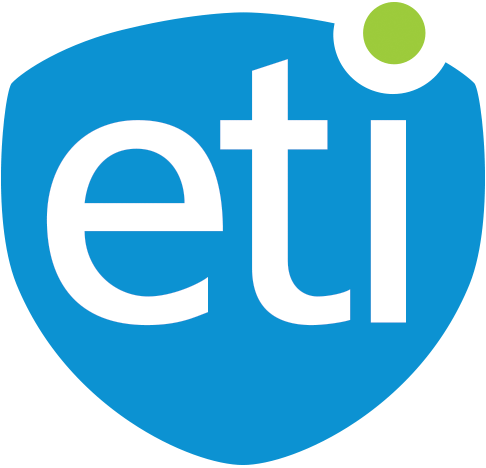

The telecom industry is embarking a historic transition to 5G, with major implications for all carriers. Much of the initial attention on 5G focuses on speed of the network. So, how fast is 5G really, in today’s numbers? Thanks to market research firm Opensignal, we have some actual market data.
Opensignal took a deep dive on 5G performance by assessing download speeds of ten carriers and juxtaposing them against the same carrier’s LTE speeds. The networks are in the U.S., the U.K., South Korea, and Australia. The 5G speed report found that some operators are seeing a bigger boost in comparison with their LTE service than others.
The results from the operators – all of which introduced 5G “well over” six months ago – is that the technology is a big tent in terms of speeds and coverage.
“In Opensignal’s latest 5G analysis we found all ten operators saw much faster speeds for their users on 5G compared with 4G, with speeds between 18.4 times and 1.7 times faster on 5G,” the blog post noted. “However, average 5G download speeds also varied widely, ranging between 506.1 Mbps on Verizon down to 47 Mbps on T-Mobile US.”
5G Speed Report
The technical decisions that the carriers made early in the 5G research and planning phases appear to be having the real world impact that were anticipated. Carriers using high-frequency approaches – such as LG U+ in South Korea and Verizon in the US — offer very high download speeds but have smaller footprints.
Conversely, those using lower-frequency approaches, such as T-Mobile (which uses 600 MHz spectrum) and AT&T (850 MHz) — have slower speeds, less differentiation from LTE, but with bigger 5G footprints. The other operators attempt to strike a balance by relying on mid-band spectrum.
In average download speed, Verizon led at 506.1 Mbps, with T-Mobile tenth at 47 Mbps. In a comparison of carriers’ 5G to LTE speeds, Verizon showed the largest gap (506.1 Mbps compared to 27.4 Mbps) and T-Mobile the least (47 Mbps compared to 27.3 Mbps). T-Mobile’s subscribers spent 19.8% of their connected time using 5G, while Verizon subscribers only spent 0.5% of their time connected to the faster technology.
The ten carriers assessed are T-Mobile, Sprint, AT&T and Verizon from the U.S.; 3K telecom, LG U+ and KT from South Korea; EE and Vodafone from the U.K. and Telstra from Australia.
As the industry continues its transition to 5G, ETI is excited to help clients navigate it. 5G will dramatically increase the number of devices on the network and accelerate network automation.
ETI excels in helping clients manage these two important 5G implications for maximum benefit. Contact us to learn more.